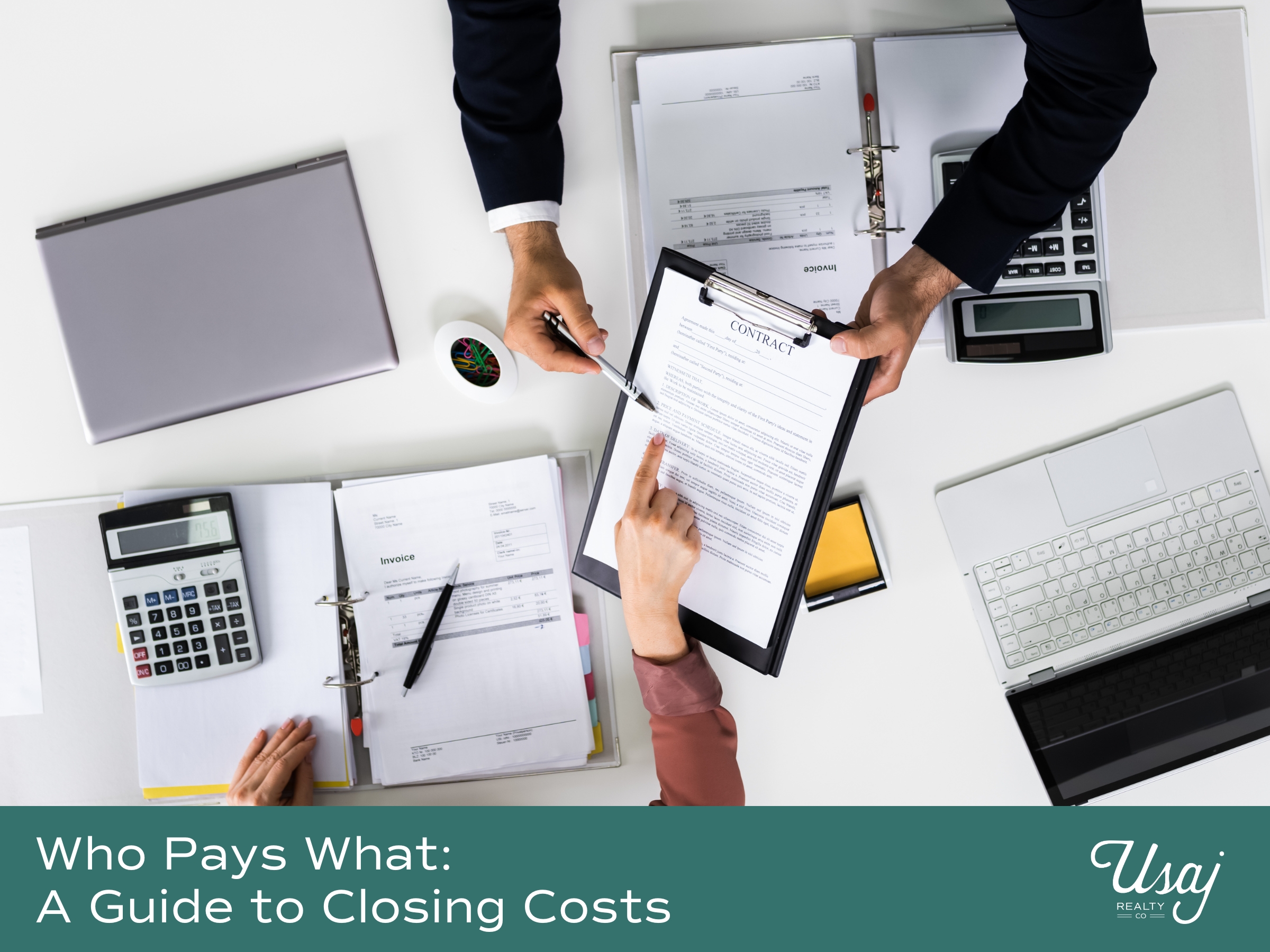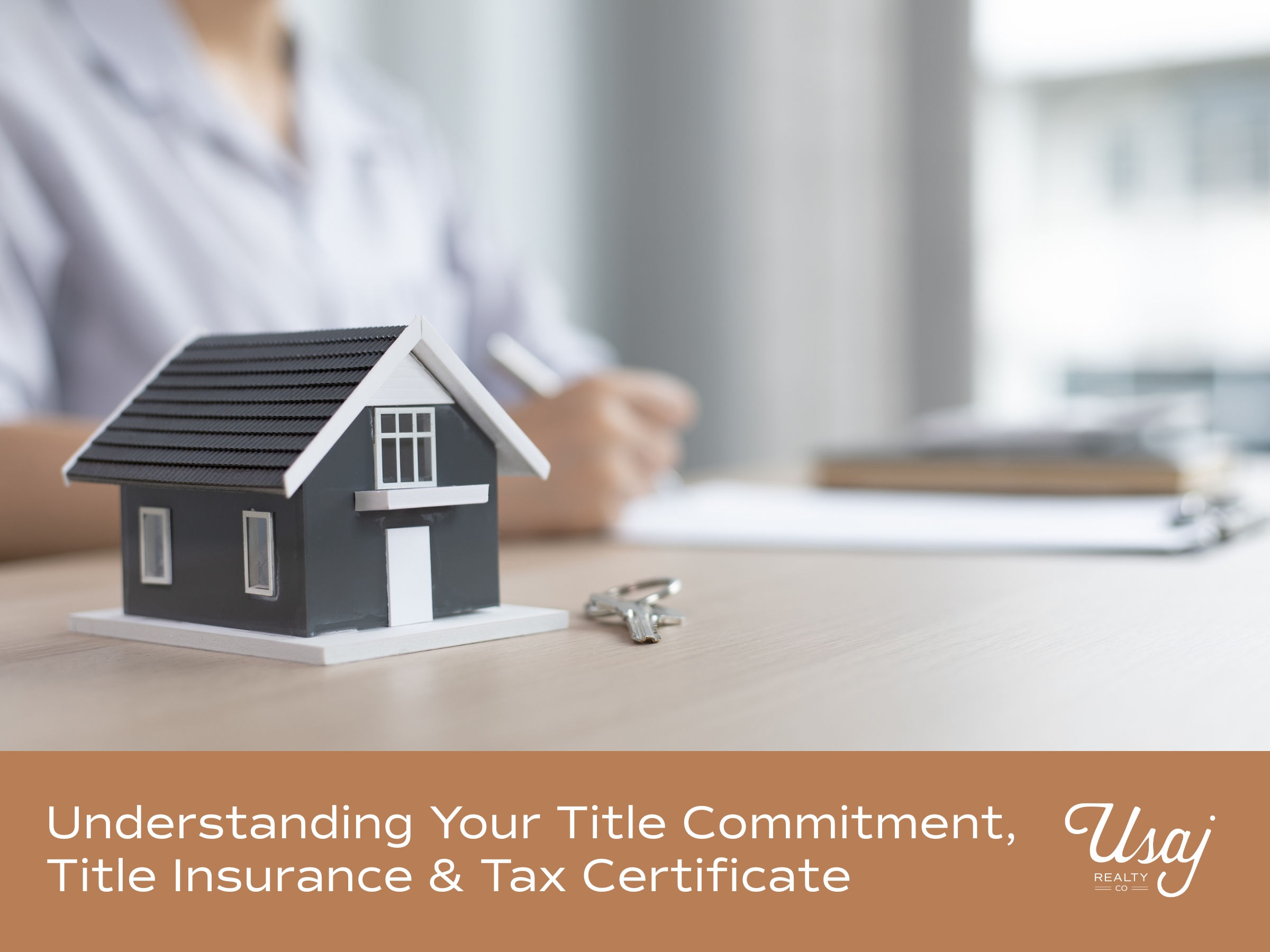Who Pays What: A Guide to Closing Costs
When you’re buying or selling a home, it’s easy to focus on the big numbers— like the sale price— but don’t forget about the closing costs! These additional fees and expenses can add up, and understanding who pays what at closing can help you plan ahead and avoid surprises. Whether you’re a first-time buyer or a seasoned seller, here’s your clear, easy-to-understand guide to closing costs.
What Are Closing Costs?
Closing costs are the various fees and expenses buyers and sellers must pay to finalize a real estate transaction. These can include loan processing fees, title insurance, escrow fees, taxes, and more. Typically, closing costs range from 2% to 5% of the home’s purchase price.
Who Typically Pays Closing Costs?
-
Buyers usually cover:
- Loan Origination fees — A charge from the lender for processing and setting up your loan; typically a percentage of the loan amount.
- Appraisal Fees — The cost of having a professional appraiser assess the home’s value to ensure it’s worth the loan amount.
- Credit Report Fees — A small fee charged by the lender to pull your credit report during the loan application process.
- Title Insurance (Lender’s Policy) — Protects the lender against any legal issues or claims on the property’s title.
- Escrow Fees (Often Split with the Seller) — A fee paid to the escrow company that handles the closing process and ensures all funds and documents are properly managed.
- Recording Fees —Fees charged by the county to officially record the change of ownership in public records.
- Home Inspection Costs — Paid by the buyer to hire a licensed inspector to check out the home’s condition before purchase.
- Prepaid Costs (Property Taxes & Homeowners Insurance) — Upfront payments made at closing for future property taxes and insurance coverage.
-
Seller’s generally pay:
- Real Estate Agent Commissions — Typically 5% – 6% of the sale price, split between the buyer’s and seller’s agents as payment for their services.
- Title Insurance (Owner’s Policy) — Optional for the buyer, this protects you from title disputes or ownership claims after you purchase the home.
- Escrow Fees (Often Split with the Buyer) —The buyer’s share of the fee for the third-party service that manages the transaction.
- Outstanding Property Taxes — Any unpaid property taxes owned by the seller are typically settled at closing.
- HOA Fees or Transfer Taxes (If Applicable) — Fees paid to the Homeowners Association to transfer ownership or cover unpaid dues.
👉 Pro Tip: In competitive markets, buyers might offer to cover more of the closing costs to make their offer stand out. In slower markets, sellers may offer to pay a portion to sweeten the deal!
Can Closing Costs Be Negotiated?
Absolutely! Closing costs are often negotiable. Buyers can sometimes ask sellers for a “seller concession,” where the seller agrees to pay part of the buyer’s closing costs. This is common when sellers are motivated to close quickly.
Final Thoughts on Closing Costs
Buying or selling a home is a big financial move— and closing costs are an important piece of the puzzle. By understanding who pays what at closing, you can better prepare, budget smarter, and make your real estate transaction a smoother experience.
If you’re thinking about buying or selling a home and want a clear breakdown of your potential closing costs, contact our team today. We’re here to guide you ever step of the way!




